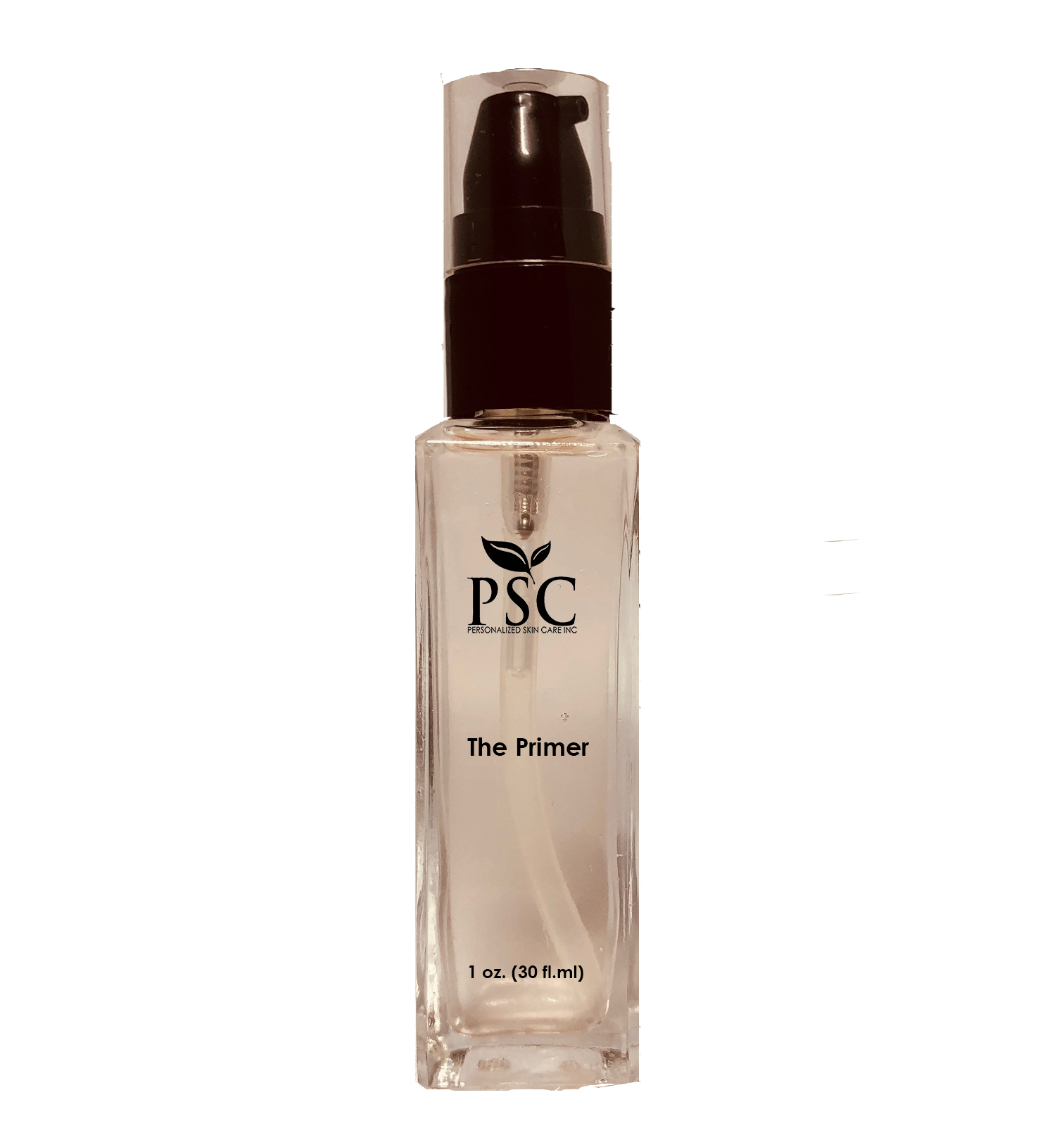Dry Skin VS Compromised Skin
Dry Skin
Some inherited group of disorders are called ichthyosis & Dermatitis. An evaluation by a dermatologist can determine severe or chronic cases. Dry skin may be genetic or caused by environmental factors. Trigger Factors may include hot or cold weather, low humidity, and soaking in hot water. You can have it partially controlled to improve your skin, including using moisturizers and avoiding harsh, drying soaps.
Dry skin is often feels worse in the winter and more tolerable in the summer. It may be a lifelong condition. Signs and symptoms of dry skin depend on your age, your health, where you live, time spent outdoors and the cause of the problem. Dry skin is likely to cause one or more of the following:
- Skin tightness
- Skin feels and looks rough
- Itching
- Slight to severe flaking, scaling or peeling
- Fine lines or cracks
- Gray, ashy skin
- Redness
Compromised Skin
Compromised skin is when the lipid barrier has been damaged by harsh chemicals, medical conditions, weather and free radical. This process leads the skin to no longer hold onto moisture as well, causing dryness, flaking, itching, and redness. The skin can’t protect itself as well, making it more vulnerable to environmental toxins, harmful UV rays, bacteria, allergens, and harsh chemical ingredients in personal care products. These cell membrane lipids are damaged by free radicals, a process known as lipid peroxidation. When they are attacked by free radicals, they lose their permeability. As a result, nutrients and wastes are transported less efficiently across cell membranes, and the cells become less healthy.
Symptoms include:
- Dryness with sensitivity
- Dullness,
- Fine lines and wrinkles
- Sagging, and other signs of aging.

Restore Sleeping Mask- Most popular

Calming Fluid- Most Popular for daily use

Silk Barrier Support- Popular for extremely dry skin
Stress– causes hormone change in the body that rapidly alters cellular malfunction in the skin.
Sugar– Sugar may contribute to the skin less soft.
Sunlight– UVA/B cause wrinkles & sunburn; loss of collagen and elastin and weakening of capillaries.
Environment– Smoking, alcohol, pollution all form free radicals causing weakness of a healthy cell.
Hormones– A decline of hormone levels impact on skin’s thinness and youthful appearance.
Diet– The body needs the essential vitamins, nutrients and fatty acids which most of the meals don’t have.
Health – Immune suppression; the skin relies on the body’s immunity system ability to repair itself, fight disease and bacteria.
Genetics- Genetic predisposition is a factor.
Free radicals– When produced in excess, it can accelerate the skins aging process.
Skin Tips
Facials with Lymphatic Drainage skin care treatment regularly will help to flush out toxins and boost the skin’s immunity.
Water Drink 8 to 10 glasses of water daily.
Sunscreen Protect your skin from the sun with sunscreen with both UVA and UVB protection.
Anti-oxidants impede the free radical damage allowing the cells to form regularly. Anti-oxidants work better in combinations in combating free radical scavengers.
Essential fatty acids besides it being a great “brain food”, EFA produce lubrication in the skin that water by itself may not always provide.








